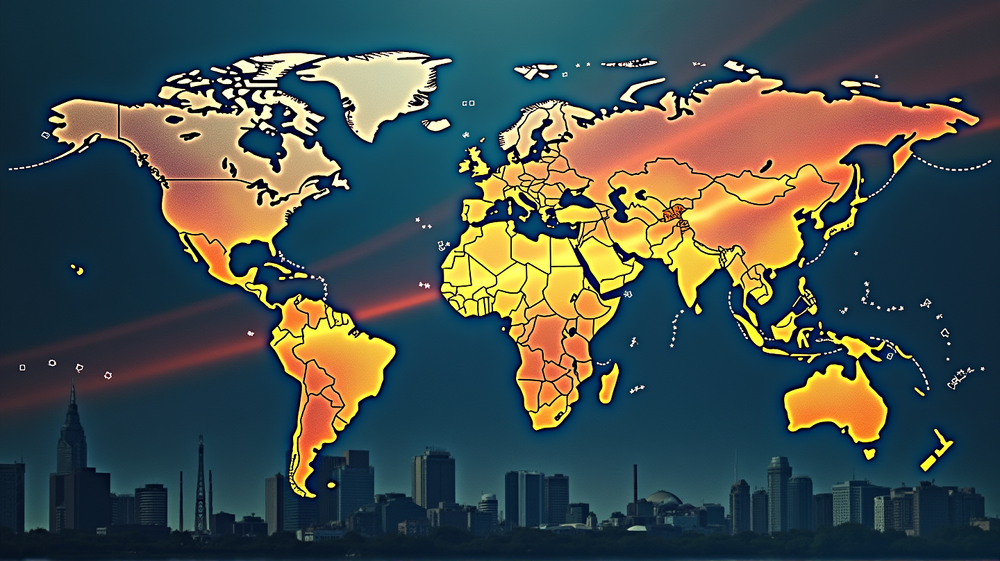In a startling economic reveal, Portugal’s trade deficit has expanded to a worrying €3.293 billion as recorded in July 2025, a significant jump from €2.12 billion the same time last year. This unexpected spike comes on the heels of rising imports shadowed by an unsettling dip in exports.
Imports: The Rising Tide
Portugal saw an overall increase of 2.8% in imports during July. The growth was primarily fueled by a demand for industrial supplies, notably with an 8.1% rise. Chemical products from Ireland played a substantial role in this surge. Excluding processing transactions, however, the imports actually declined slightly by 0.8%. Transport equipment, with German cars at the forefront, experienced an impressive leap of 15.2%, while consumer goods imports climbed 9.3%, with Spain contributing significantly.
A Breath On Fuel Imports
Despite the upward trend in imports, the fuel category faced a contrasting fortune, witnessing a sharp decline of 29.4%. Lower crude oil prices coupled with reduced volumes were key contributors to this downturn. Ireland’s export presence in Portugal soared by a whopping 76.3%, or 9.4% if processing is discounted, while Spain managed a positive growth of 6.1%.
Exports: A Declining Scenario
The outlook for exports, however, presents a grim picture. They plummeted by 11.3%, with industrial supplies taking a notable hit, dropping by 29.3%. Chemical exports to Germany and the US were predominantly responsible for this decline. The reduction was so steep that exports to Germany and the US fell 46.4% and 37.1%, respectively. Yet, a silver lining appeared as transport equipment exports grew by 17.8%, softening the blow of the overall decline.
Quarterly Trends
Focusing on a broader timeline, over the May to July 2025 quarter, imports have gone up 6.6%, while exports fell by 3.4%. This trend highlights an ongoing pattern that might pose challenges for Portugal’s economic stability if not addressed promptly.
According to TradingView, these figures raise serious concerns about the balance of trade strategies and could necessitate a strategic overhaul to prevent long-term economic repercussions.
In an ever-dynamic global market space, these figures underscore the need for Portugal to recalibrate its approach to trading, more so in diversifying export markets and tapping into emerging consumer demands. The coming months will indeed present an economic battleground where Portugal must strive to reverse the current tide and aim towards a more balanced trade ledger.












